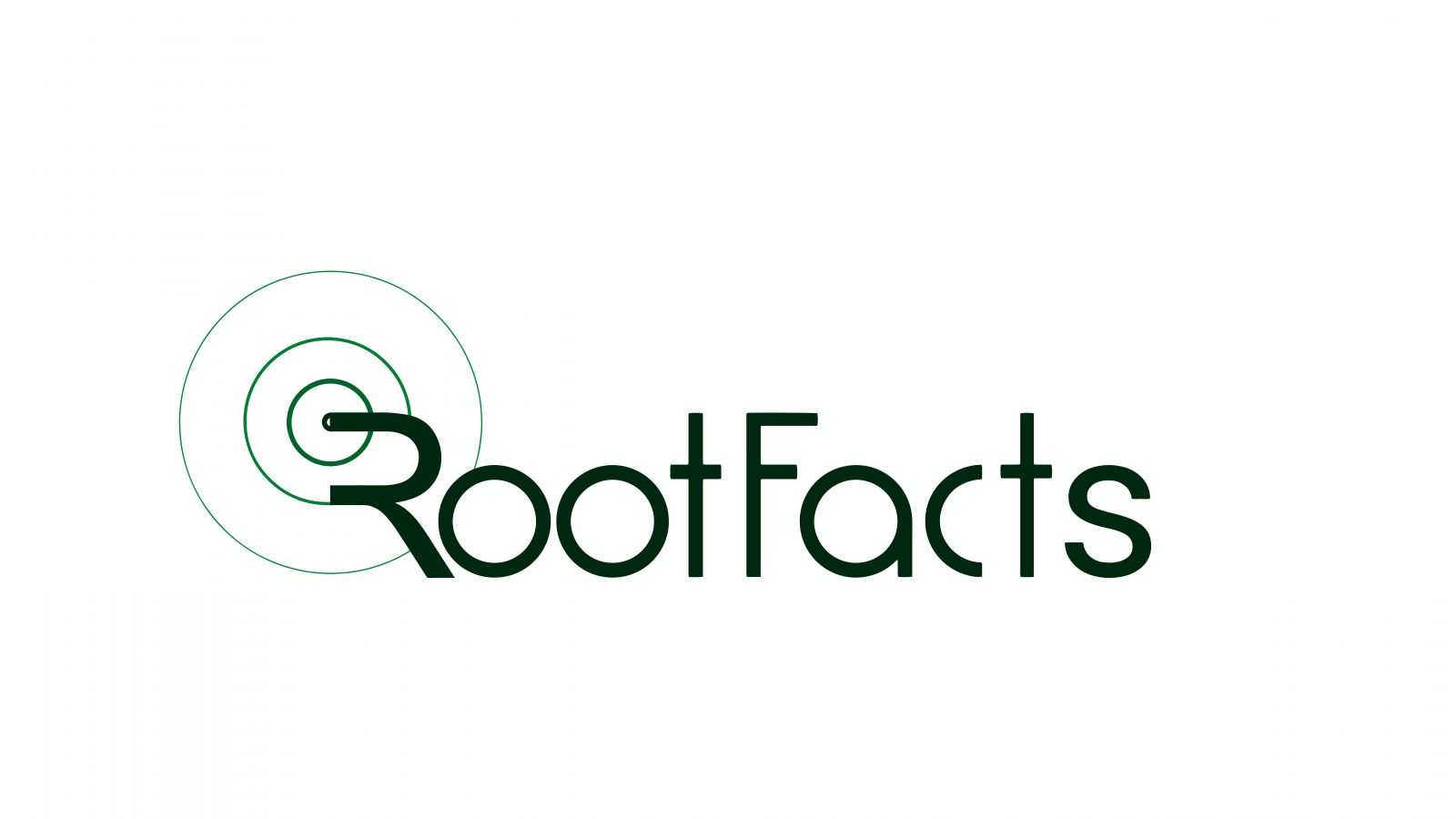
IoT in Energy Sector: Transforming the Production and Supply Chain
Over the coming years, the energy sector’s IoT market value is anticipated to increase at a considerable rate. The use of IoT-powered solutions to Over the coming years, the energy sector’s IoT market value is anticipated to increase at a considerable rate. The use of IoT-powered solutions to improve and progress the energy sector will have a big influence on both demand and supply. The use of sensors has made it possible to remotely control energy consumption patterns, simplify applications, and monitor room temperatures in real time. Data management and the benefits of employing flexible IoT-based systems are two major aspects influencing the expansion of IoT in the energy sector.
The use of IoT lessens the challenges and enables management to advance through any problems that may arise. IoT applications in the energy sector concentrate on expanding the industry, enhancing asset efficiency, and generating more revenue.Using IoT technology to transform the energy sector is a creative method to promote productivity and identify consumption trends to reduce energy wastage. Let’s examine how the energy sector can benefit from the Internet of Things.
Benefits of Using IoT Technology to Transform the Energy Sector
IoT is signifying a new reality, to many sectors including the energy sector with its real-time applications and cutting-edge technologies. It gathers actionable insights from sensor devices and gateway connectivity and then uses them to create better services and increased productivity. It enhances overall experiences, operability, and real-time decision-making.
Process Observation and Resource Management
A power plant that uses sensor technology can automate process execution and provide better, and more error-free services. IoT technology is the best idea that guards against excessive resource use and support. IoT enables intelligent process monitoring that provides data on every aspect of the plant process. Through IoT processing, the data is transformed into pertinent information and saved on a cloud platform for easy access. IoT also offers real-time quality monitoring, which aids in locating process non-conformities. Thus, it empowers managers to take timely, relevant actions and modify processes to raise quality and reduce wastage.
Advanced Analytics
A fundamental change is being brought about by the energy sector’s sensor-based operation. It makes use of cutting-edge processes to produce goods of high quality and satisfy consumer needs. The use of advanced analytics in business is benefiting industrialists the most. To gather data from the assets and improve decisions making capabilities, the enterprise employs sensor-based data analytics. The power sector uses data analytics to optimize planning and generation. Additionally, when analytics and smart meters are combined, it makes it easier to foresee precise consumption patterns that are utilized to balance supply and demand. As a result, it lessens energy wastage and enhances efficient usage.
New Opportunities
Along with evolving technology such as big data, cloud computing, and AI, IoT opens up new business prospects. It entails sensor hardware, gateway connectivity, and communication protocols that come together to create IoT architecture for various enterprises. IoT technology allows for the implementation of smart strategies for increased production and growth. IoT is a cutting-edge technology that equips companies with real-time monitoring capabilities, intelligent data management, and analytics.
To give improved strategies for effective energy usage, new IoT applications including smart electric meters, home automation, buildings, and street lighting are now being implemented.
Intelligent Grid
IoT offers a smart grid technology to regulate power flow or significantly reduce energy use. It further reduces the energy burden to match the demand for the upcoming generation. The Internet of Things is an automated idea that provides a practical means of connecting users for efficient power utilization. Additionally, this reduces energy waste and brilliantly conserves energy, saving the economy. Automakers are increasingly introducing plug-in hybrid vehicles to reduce the environmental effects of heavy vehicle traffic. These vehicles need a smart infrastructure for efficient charging so that it is cost-effective. To gain real-time monitoring, quicker data restoration, and better energy management, managers can use an intelligent grid.
Cost-effective and data management
IoT in the energy sector is a process that combines energy management and planning of consumption patterns across several domains. It enables the management to completely retake control of the energy data and greatly optimize the working procedure. To build the automated operation of the business, using an IoT-powered solution in the energy sector makes use of sensor-based techniques. Real-time data handling and analytical decision-making have made it possible for the industry to benefit to the fullest extent.
Thus, it provides efficient data management and makes every piece of data count by storing it safely on the cloud platform. For increased efficiency, one can install a smart solution, as a result, IoT significantly transforms the energy sector.
Sustainability
IoT has been used to establish communication between different assets. IoT enables automatic maintenance and reporting, smart grid optimization, the production of renewable energy, and the real-time measurement of carbon usage. Through its smarts devices, technology is enabling sustainability throughout the industrial sector and empowering workers to make wise judgments that can contribute to business growth. The utilization of sensor devices and gateway connectivity to transfer data for improved communication within the plant is part of the IoT-enabled ecosystem. As a result, energy consumption patterns and resources are properly managed, which encourages energy-saving behaviors for a sustainable future.
IoT the future of the Energy sector
As we all are aware, IoT technology has a lot to offer to the energy sector. The industry has always relaying on automated procedures, and now IoT is contributing to improving its performance. The entire chain of the energy industry can be automated with the aid of internet-connected devices, which will ultimately be advantageous to both energy providers and consumers. Rootfacts help your energy business to optimize its workforce with better operational procedures using the IoT ecosystem. The energy sector may work more effectively by addressing challenges that can be solved by remote controlling from lowering maintenance costs to scaling up manufacturing techniques. Being one of the trusted service providers we help you in implementing IoT ecosystem to your business model. Do visit us at Rootfacts for any query regarding evolving technology such as cloud computing, big data, robotics, and AI


